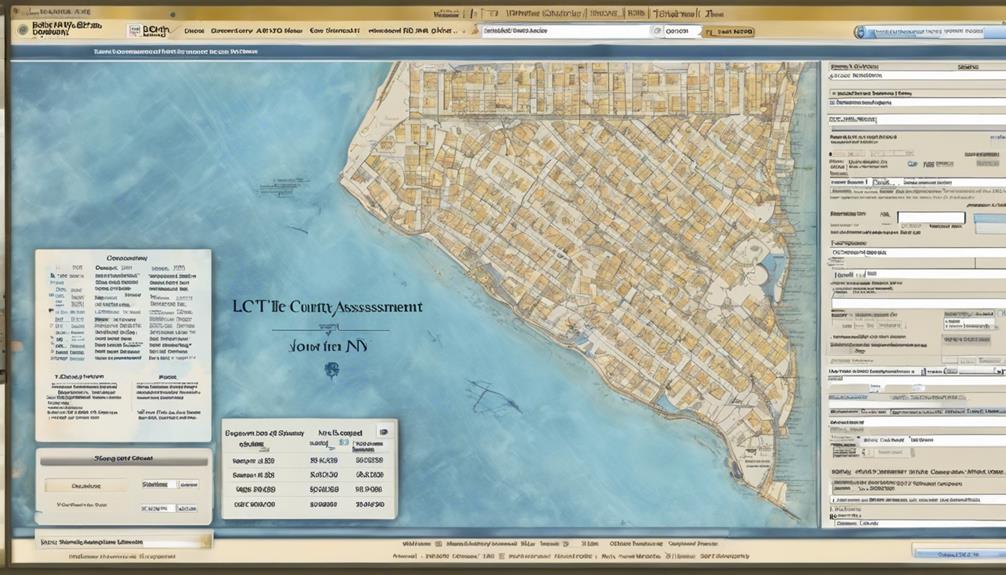Agreeableness is about your ability to cooperate and show empathy, helping you build positive relationships and connect with others easily. When you’re agreeable, you approach social interactions with kindness, listen actively, and seek common ground to resolve disagreements. This trait boosts trust and rapport while reducing misunderstandings. If you want to learn how developing your agreeableness can enhance your interactions further, there’s more to discover about practical ways to strengthen this important quality.
Key Takeaways
- Agreeableness fosters cooperation by promoting understanding and willingness to work with others.
- It enhances empathy, allowing individuals to recognize and respond to others’ emotional needs.
- High agreeableness contributes to positive social interactions and relationship building.
- It encourages active listening and respectful communication during conflicts.
- Agreeable individuals resolve disagreements tactfully, seeking compromises that satisfy all parties.

Have you ever wondered what makes someone easy to get along with? It often comes down to their level of agreeableness, which reflects their ability to cooperate and show empathy. When you’re agreeable, you naturally foster positive interactions, making it easier to build trust and rapport. A key part of this is your skill in conflict resolution. Instead of escalating disagreements, you approach conflicts with a calm demeanor and a willingness to find common ground. You listen actively, seeking to understand the other person’s perspective rather than just waiting to respond. This approach helps defuse tension and encourages solutions that satisfy everyone involved.
Your emotional intelligence plays a huge role here. Being in tune with your own feelings allows you to manage your reactions better, even in stressful situations. When you recognize your emotions and understand others’ feelings, you can navigate social interactions more smoothly. This awareness helps you respond thoughtfully instead of impulsively, reducing misunderstandings and fostering cooperation. People are drawn to those who demonstrate genuine empathy, as it makes them feel valued and understood. You tend to pick up on subtle cues—body language, tone of voice, facial expressions—that reveal how someone truly feels. By acknowledging these signals, you respond more empathetically, strengthening your connections.
Being in tune with your feelings helps you respond thoughtfully, reducing misunderstandings and strengthening connections through genuine empathy.
In everyday situations, your emotional intelligence and conflict resolution skills work hand in hand. Suppose a disagreement arises at work or in your personal life; instead of reacting defensively, you remain composed and listen carefully. You ask questions to clarify concerns rather than jumping to conclusions. This not only helps resolve the issue quickly but also shows others that you’re committed to understanding their point of view. Your ability to stay calm and empathetic encourages others to do the same, creating a more collaborative environment. Over time, this fosters stronger relationships, built on mutual respect and trust.
Being agreeable doesn’t mean avoiding conflict altogether; it means handling disagreements with tact and kindness. Your emotional intelligence guides you to express your thoughts without aggression and to seek compromise rather than victory. This attitude helps you diffuse tense situations and build alliances instead of barriers. When you prioritize cooperation and empathy, you create a space where open communication thrives. Others are more likely to share honestly with you, knowing you’re receptive and considerate. Additionally, understanding automotive water spot removers can help you maintain your vehicle’s appearance and protect its paint. Ultimately, your focus on conflict resolution and emotional intelligence makes you someone others find easy to get along with, enriching your personal and professional relationships alike.
Frequently Asked Questions
How Does Agreeableness Develop Over a Person’s Lifetime?
You develop agreeableness over your lifetime through early childhood experiences and social interactions. As a child, positive interactions teach you cooperation and empathy, shaping your personality. Throughout your life, ongoing social experiences, such as friendships and teamwork, reinforce these traits. Your environment and relationships influence how agreeable you become, gradually fostering a more empathetic and cooperative nature as you learn to navigate social expectations and develop emotional understanding.
Can Agreeableness Be Increased Through Training or Therapy?
Yes, you can increase agreeableness through behavior modification and social skills training. By practicing active listening, empathy exercises, and conflict resolution, you develop more cooperative and empathetic behaviors. Therapy can help you identify and change negative patterns, making you more approachable and compassionate. Consistent effort in these areas gradually boosts your agreeableness, enhancing your relationships and social interactions over time.
How Does Agreeableness Vary Across Different Cultures?
You’ll find that agreeableness varies across cultures due to different cultural norms and expectations. In some cultures, emotional expression and cooperation are highly valued, leading to higher agreeableness levels. In others, independence and assertiveness are prioritized, resulting in lower agreeableness scores. As you interact with diverse groups, observe how cultural norms shape emotional expression and cooperative behaviors, influencing how agreeable individuals appear across different cultural contexts.
Is High Agreeableness Always Beneficial in Professional Settings?
High agreeableness can boost team collaboration and improve conflict resolution, but it’s not always beneficial. You might find that being too agreeable leads to avoiding necessary confrontations or compromising too much, which can hinder progress. Striking a balance helps you stay cooperative and empathetic while also standing firm when needed. In professional settings, being adaptable and assertive alongside agreeableness guarantees you contribute positively without sacrificing your own needs or goals.
What Are the Biological Factors Influencing Agreeableness?
You’re influenced by biological factors like genetic influences and brain structures that shape your agreeableness. Your genes play a role in determining how empathetic and cooperative you are, while brain areas such as the prefrontal cortex and amygdala affect emotional regulation and social behavior. These biological components work together, making some people naturally more agreeable, while others may find it harder to connect empathetically or cooperate consistently.
Conclusion
So, as you navigate life’s adventures, remember that agreeableness isn’t just about being nice—it’s your secret weapon. By showing cooperation and empathy, you build genuine connections that stand the test of time, even if you’re channeling your inner knight or a modern-day Robin Hood. Embrace this trait, and you’ll find that your relationships flourish, making your journey smoother and more fulfilling. Trust me, it’s a superpower you’ll want in your back pocket!









